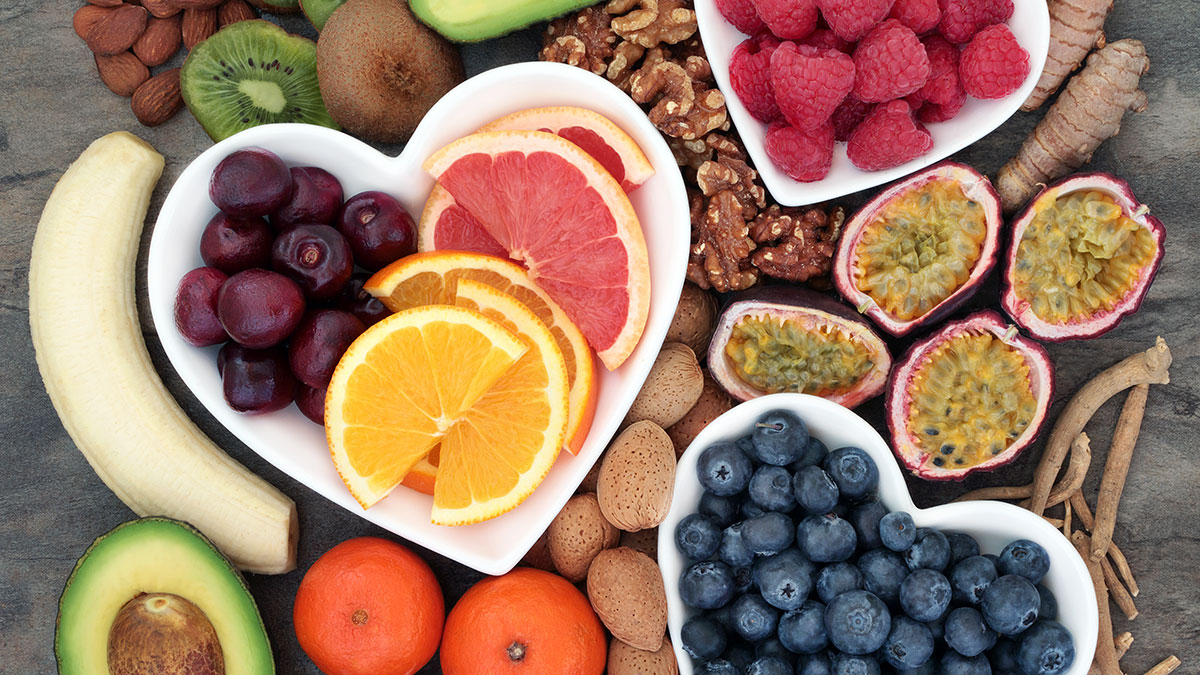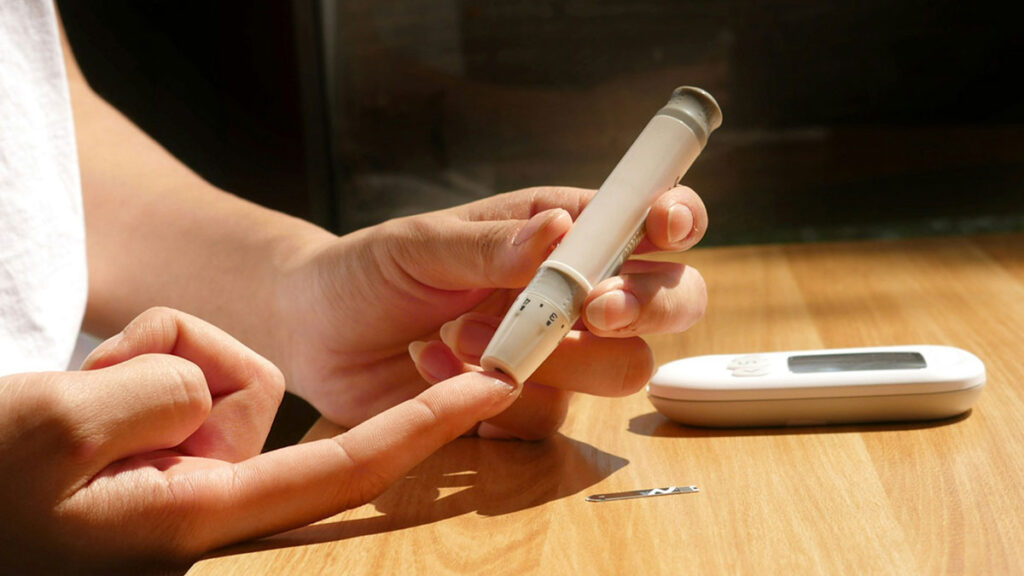In Australia and New Zealand, heart disease is the leading cause of death. According to the World Health Organisation, 80 per cent of lifestyle diseases can be prevented if positive health changes are made, like following a healthy diet, increasing physical activity, reducing alcohol consumption and abstaining from smoking.
So what can you do to keep your heart healthy?
Be active!
Regular physical activity will increase your HDL “good” cholesterol and keep your heart fit and strong, as well as helping you feel more energetic, happier and relaxed. Try to be physically active most days of the week for at least 30-40 minutes.
Keep a healthy body weight
Losing excess weight will help to improve your cholesterol levels, reduce blood pressure and reduce inflammation. Try to keep your weight within the healthy range for your height. Speak to your health practitioner and dietitian for support.
Reduce salt
High salt intake can increase your heart disease risk by increasing your blood pressure levels. While limiting the amount of salt you add to your food is important, most of your salt intake can come from processed foods. Read your food labels regularly and aim for foods with less than 400mg of sodium per 100g.
Choose wholegrains
The research on wholegrains and heart health is strong as they are full of fibre and rich in nutrients. Try to replace refined grains in your diet with wholegrains like brown grainy breads, wholegrain cereals, rolled oats, brown rice, quinoa, buckwheat and sorghum.
Did you know?
A recent Danish study of 55,000 adults followed over 13 years showed that those who ate the most amount of wholegrains had a 25 per cent lower risk of having a heart attack than those who consumed the least.
Heart healthy foods
Good fats. Fats should account for 20-35 per cent of the energy you eat. Healthy fats, like avocados, supply valuable fatty acids that help nurture your body and brain, and absorb important fat-soluble vitamins and nutrients like vitamins A, D, E and K.
Soluble fibre. Soluble or viscous fibres are components of plants that create a gel-like texture when soaked or cooked. These fibres help catch cholesterol in your gut, preventing it from being absorbed into your bloodstream. Studies show about 10g of viscous fibres each day can lower LDL cholesterol by around 3-5 per cent. Up your legume intake to reap the benefits.
Eat more soy. The soy protein, fibre, omega-3 fatty acids and isoflavones in soy foods can help lower your cholesterol, improve blood pressure and help keep your blood vessels flexible. One to three serves of soy per day can help lower your LDL cholesterol by around 3-5 per cent.







